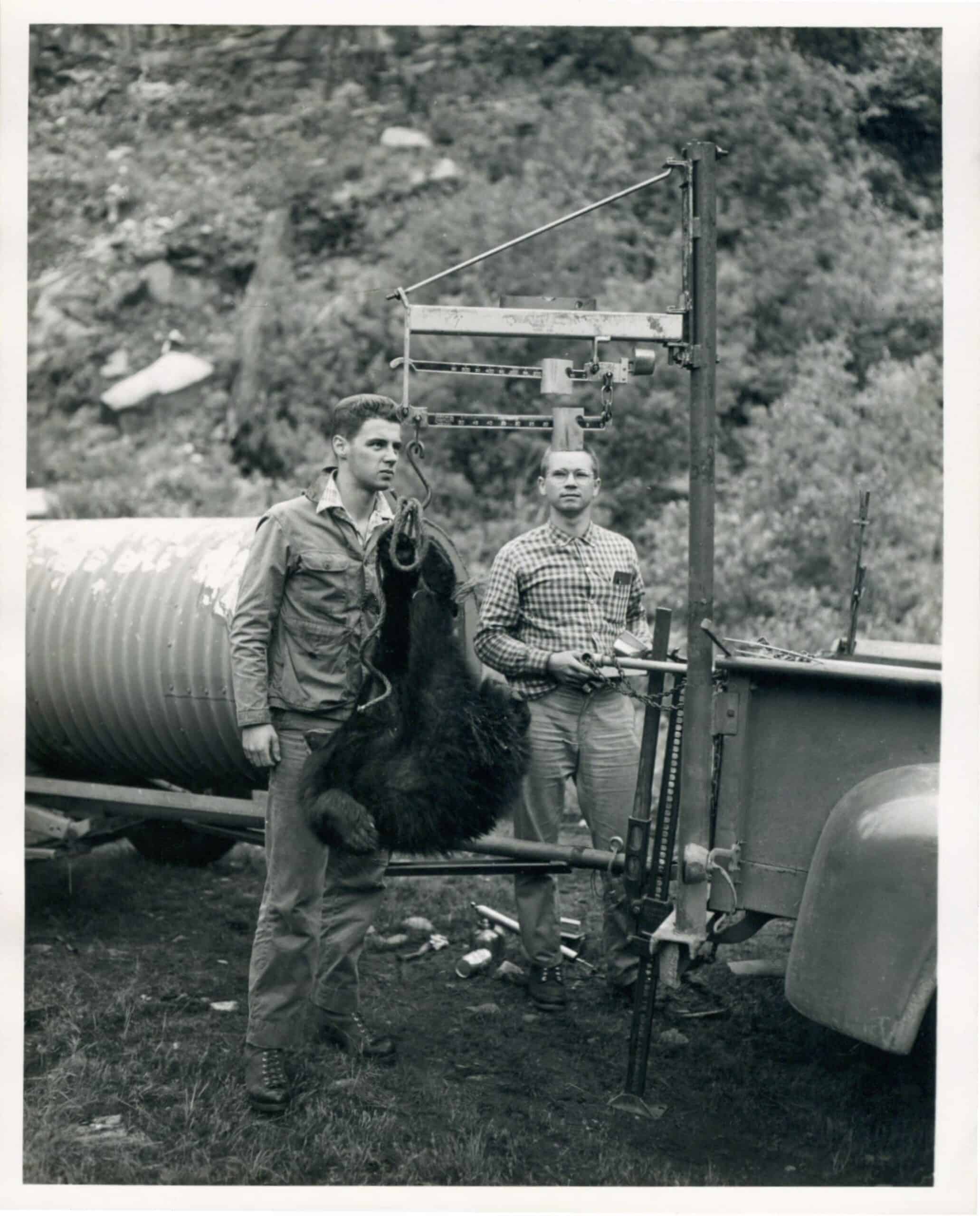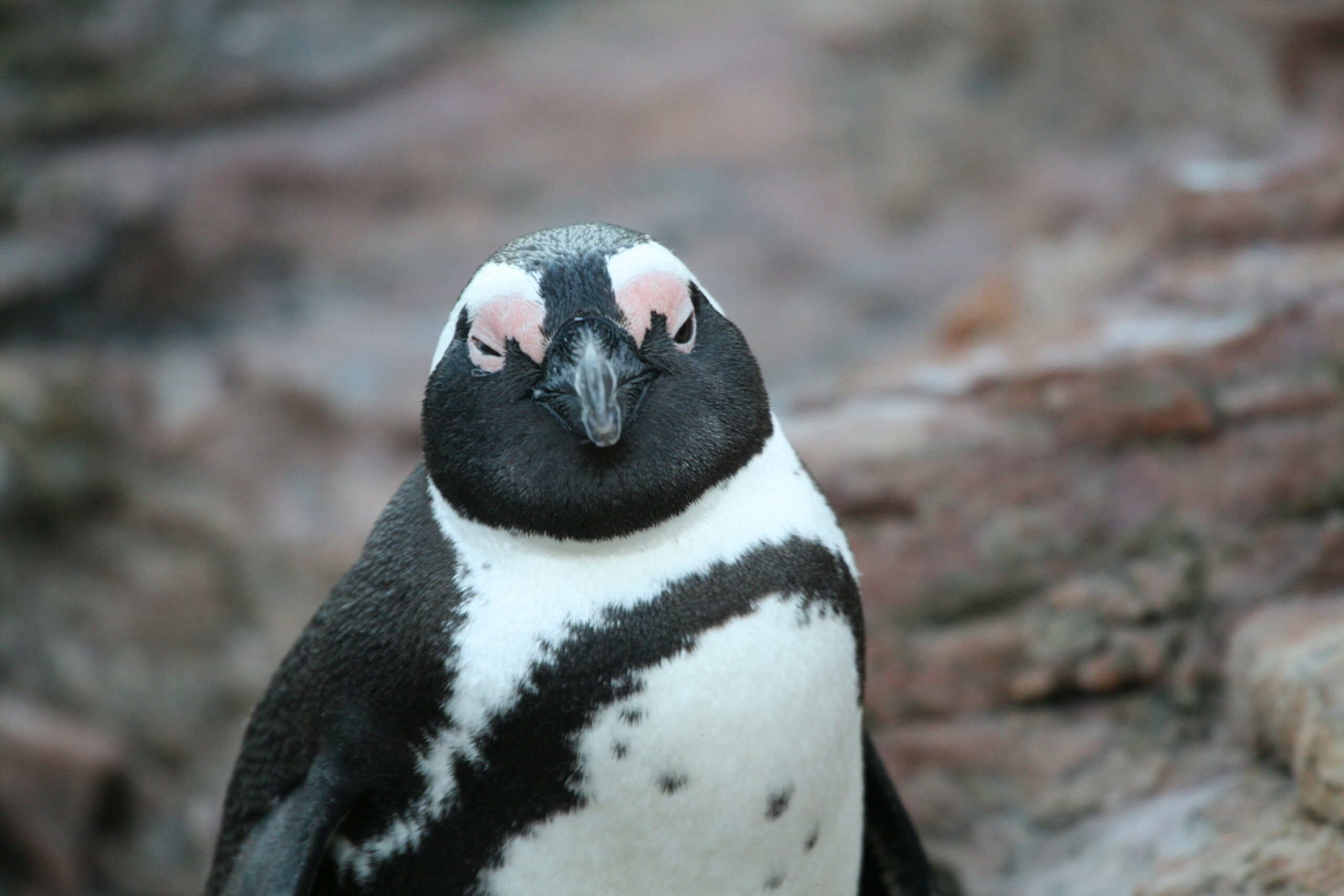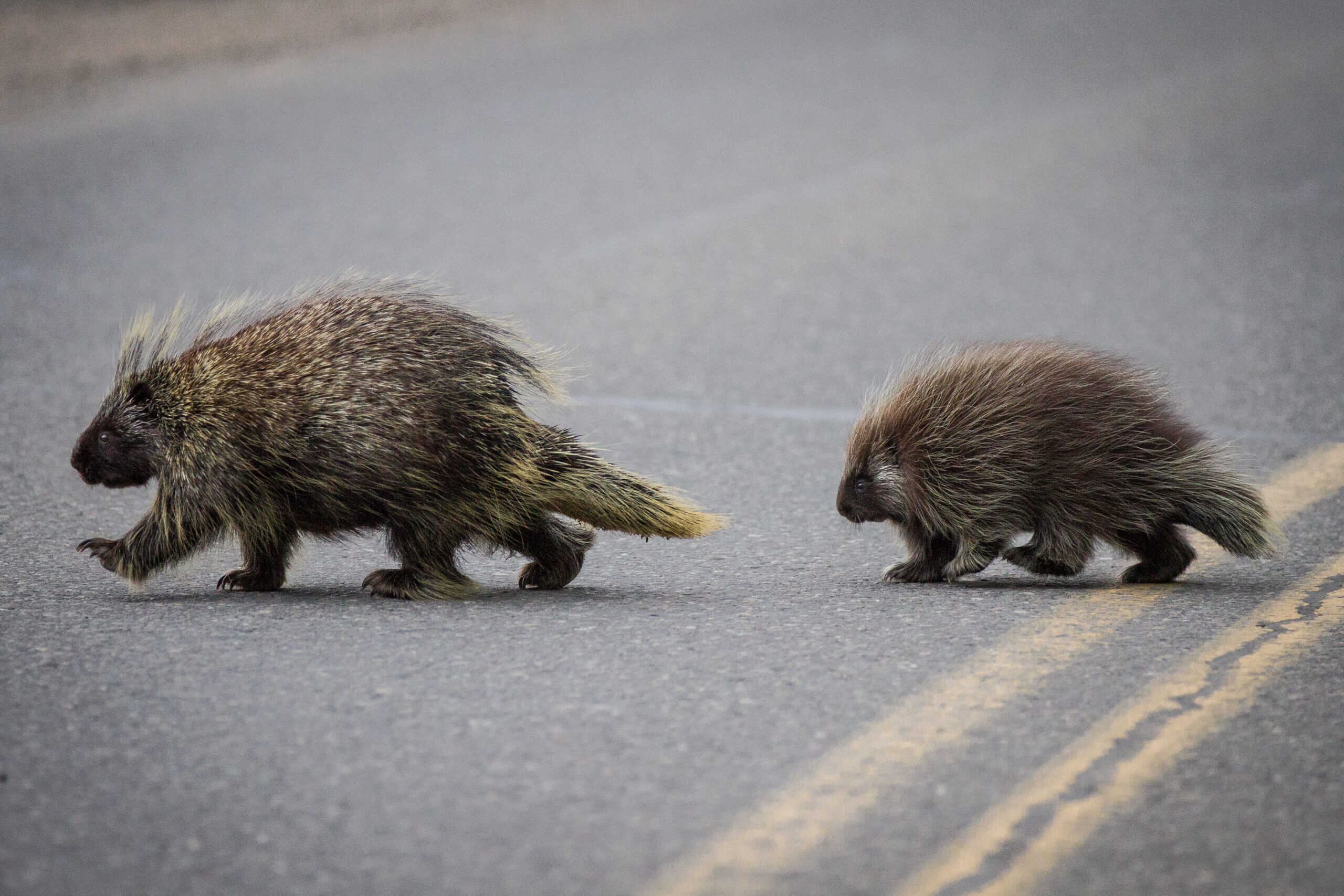Share this article
Conference plenary speakers to discuss shifts in cultural diversity
Pre-registration for TWS’ 24th Annual Conference opens May 15. Visit twsconference.org for more information.
An increasingly important part of wildlife conservation today involves incorporating knowledge from different cultures, whether it is ethnic diversity in the workforce or technology advances applied in the field. Six plenary speakers at TWS’ 24th Annual Conference, which will take place in Albuquerque, N.M., Sept. 23-27, will focus on the conference theme, “Wildlife Conservation: Crossroads of Cultures.”
During the second plenary on Tuesday, Sept. 26, “Paradigm Shifts, Diversity and Inclusion, and Feet in Several Worlds,” organized by three TWS working groups — the Early Career Professionals Working Group, Ethnic and Gender Diversity Working Group and Native Peoples Wildlife Management Working Group — speakers will delve into the role that millennials raised in urban settings will play in natural resource management as baby boomers retire and leave the profession. They will also discuss different changes to the field and how wildlifers are adapting and planning to adapt to them.
Nalini Nadkarni
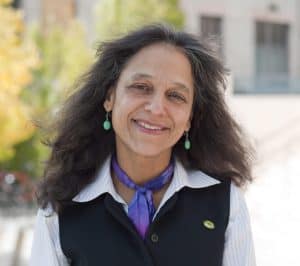 Growing up in the suburbs of Bethesda, Md., near TWS headquarters, Nalini Nadkarni loved climbing trees. Now, she makes it a point to share her love of nature with others through public engagement in science.
Growing up in the suburbs of Bethesda, Md., near TWS headquarters, Nalini Nadkarni loved climbing trees. Now, she makes it a point to share her love of nature with others through public engagement in science.
A professor at the University of Utah, Nadkarni has been exploring rainforest canopies in Costa Rica for the past 30 years using mountain-climbing techniques. The other part of her work includes engaging what she calls “science-inattentive audiences,” or individuals who aren’t surrounded by science and research on a daily basis. This includes faith-based groups, incarcerated individuals, residents of senior homes and artists.
“I’m hoping that these examples that I will present and my passion to connect science, nature and people in society will inspire wildlife ecologists at the meeting to take their own work out to other audiences that might not weave wildlife into their lives thought of that previously,” Nadkarni said.
Jennifer Malpass
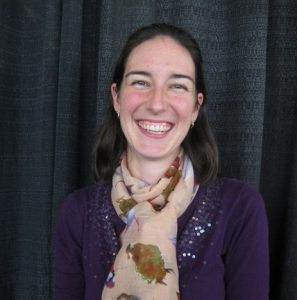 Jennifer Malpass, a biologist with the USGS Bird Banding Lab, will give an overview of cultural shifts in the wildlife profession. “We have a foot in many worlds, and there are shifts in generations — not only old versus new,” Malpass said.
Jennifer Malpass, a biologist with the USGS Bird Banding Lab, will give an overview of cultural shifts in the wildlife profession. “We have a foot in many worlds, and there are shifts in generations — not only old versus new,” Malpass said.
Malpass will touch on shifts in wildlife management considerations for states, such as declining numbers of hunters. “It’s a looming shadow in established funding sources,” she said, referring to revenues from state-controlled license fees that fund conservation and management.
She will also discuss a shift in educational backgrounds from the traditional hook-and-bullet wildlife management programs in universities to newer programs in conservation biology and environmental science as well as the demographics of individuals entering the profession who grew up in urban environments.
Scott Aikin
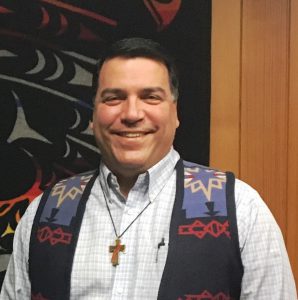 Scott Aikin, the national Native American program coordinator with the U.S. Fish and Wildlife Service and a member of the Potawatomi tribe, will speak about his experiences as a federal employee working in Indian Country. He coordinates several programs such as USFWS’ tribal wildlife grant program and provides leadership on national initiatives and policy development.
Scott Aikin, the national Native American program coordinator with the U.S. Fish and Wildlife Service and a member of the Potawatomi tribe, will speak about his experiences as a federal employee working in Indian Country. He coordinates several programs such as USFWS’ tribal wildlife grant program and provides leadership on national initiatives and policy development.
Aikin has also been working with TWS to improve Native American student outreach. In his talk, Aikin will discuss examples of how programs administered by USFWS such as the Endangered Species Act present challenges to Native American tribes.
“My hope is to enhance people’s awareness of the common ground that we share between state, federal, tribal and NGO natural resource management,” he said.
For more information, be sure to check the conference website: http://twsconference.org/plenaries/.
Header Image: Nalini Nadkarni explores rainforest canopies in Costa Rica through mountain-climbing techniques. She will speak about engaging a wide variety of people in science through her work including inmates at prisons, artists and more. ©Majora Carter






